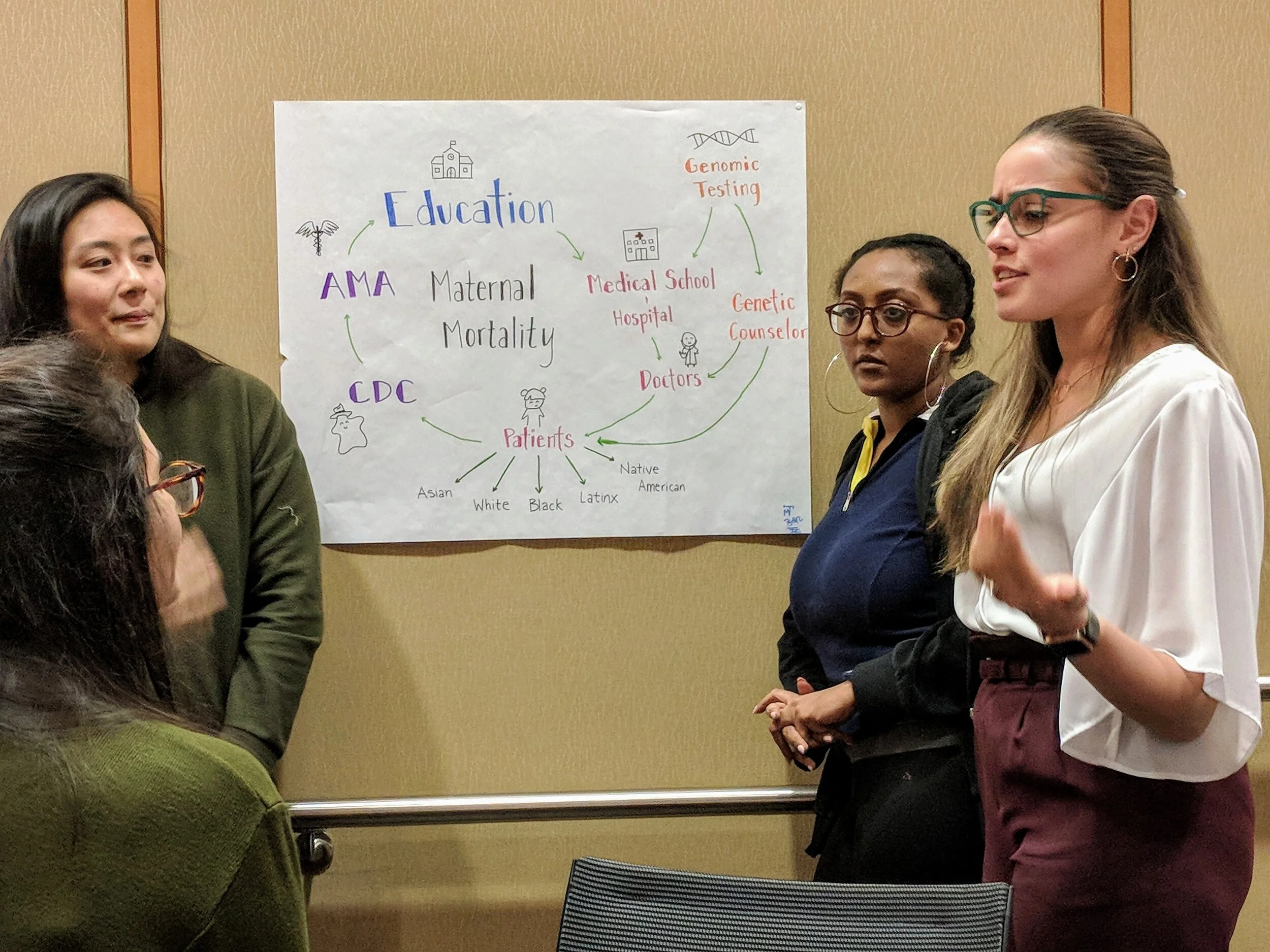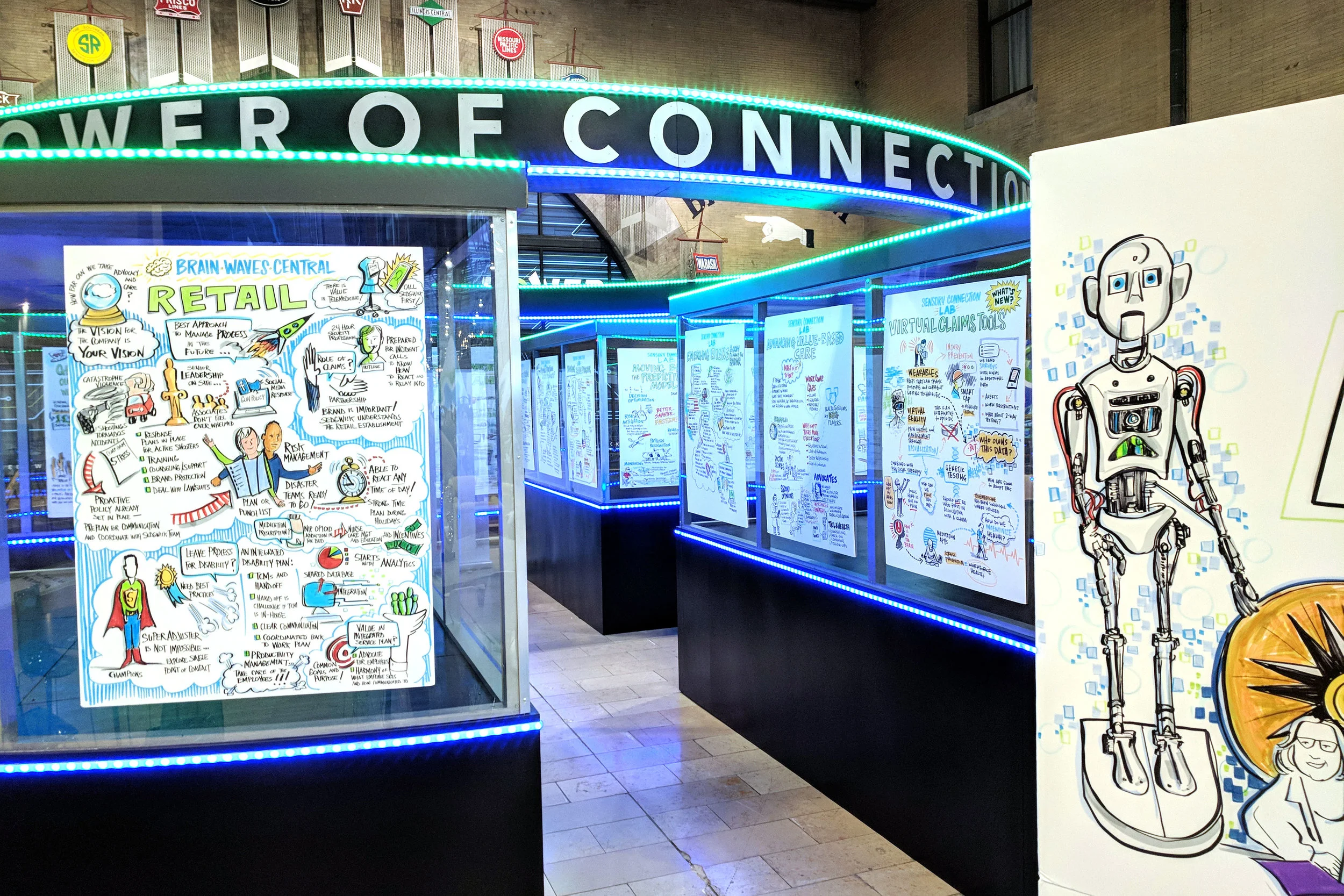
With global temperatures higher now than they have been in 5,000 years, and greenhouse gas levels higher than they have been in over 20 million years, Mark Lynas argues that the problem of global climate change is now impossible to ignore.
Using Google Earth, Mark takes his Pop!Tech 2005 audience on a world tour from his Oxford home to areas he visited in researching his book High Tide , highlighting the damage already evident from global warming.
, highlighting the damage already evident from global warming.
As projections show a rise in temperature of between 1 and 6 degrees over the next century, Mark reflects on the "crisis of biodiversity" that accompanies such a rise, including the death of the coral reefs and committing a third of all species alive today to extinction.
 Mark Lynas was born in Fiji in 1973, and grew up in Peru, Spain and the UK. After gaining a first-class honours degree in history and politics from the University of Edinburgh (where he also edited the university's student newspaper), he joined a web start-up called OneWorld.net - helping turn it into the world's most-accessed internet portal for human rights and sustainable development issues. He was also active in the flourishing environmental direct action scene during the late 1990s, joining road protests and helping mount 'decontamination' exercises against genetically-modified crops, as well as participating in Reclaim the Streets protests in London and Oxford.
Mark Lynas was born in Fiji in 1973, and grew up in Peru, Spain and the UK. After gaining a first-class honours degree in history and politics from the University of Edinburgh (where he also edited the university's student newspaper), he joined a web start-up called OneWorld.net - helping turn it into the world's most-accessed internet portal for human rights and sustainable development issues. He was also active in the flourishing environmental direct action scene during the late 1990s, joining road protests and helping mount 'decontamination' exercises against genetically-modified crops, as well as participating in Reclaim the Streets protests in London and Oxford.
Since leaving OneWorld in 2000 to work full-time on climate change, Mark has also been active as a broadcast commentator and journalist, writing for the Guardian, Observer, New Statesman and various other publications, as well as appearing on radio and television news and discussion programmes ranging from Newsnight to the BBC World Service. His book High Tide: The Truth About Our Climate Crisis was published by Flamingo/HarperCollins on March 1, 2004. He lives in Oxford, but has given talks and presentations on climate change and his travels for High Tide as far away as the United States and Australia.













